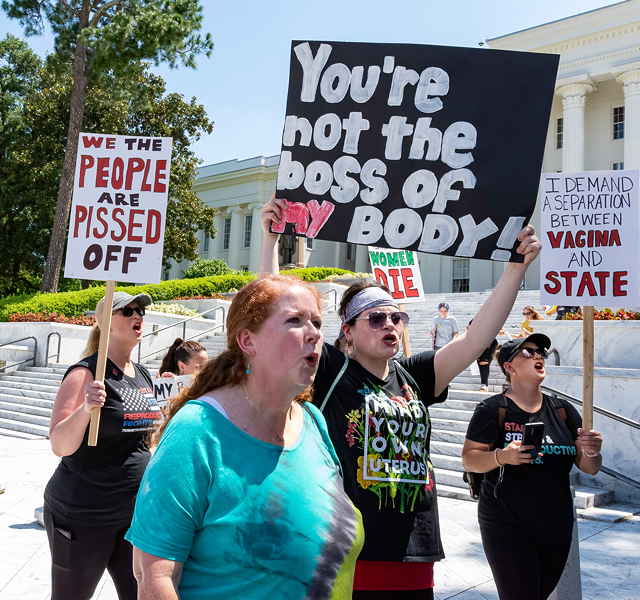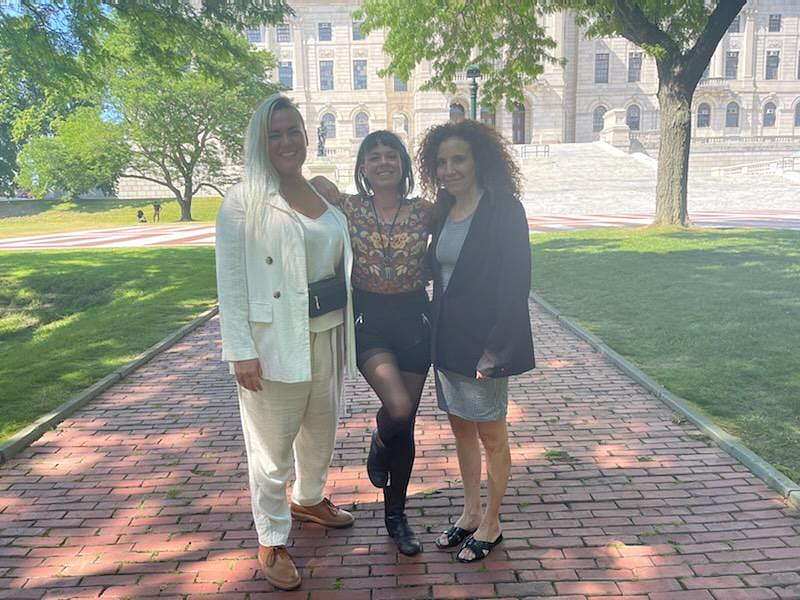July 9, 2022
Nicole Gilliland was awarded $1.7 million in damages after a jury found that she had in fact been discriminated against by Southwestern Oregon Community College (SWOCC) because of her past work in pornographic films. Gililland filed suit against SWOCC, in Coos Bay, Oregon, for both breach of contract and for violating Title IX, which prohibits schools that receive federal funding from discriminating on the basis of sex. Though the judge in her case concurred that Gilliland had a Title IX claim based on some of the comments made to her by professors, the jury rejected it; however, they did find that SWOCC had breached its tuition contract with Gilliland by violating its discrimination and unlawful harassment policies, among others.
In December of 2021, U.S. Magistrate Judge Mustafa T. Kasubhai ruled in Gilliland’s favor, marking the first time that Title IX has been invoked by a student to fight discrimination based on a history of doing sex work. Judge Kasuubhai found that the evidence Gilliland presented to prove discrimination was directly connected to her work history. Judge Kasubhai also found that the actions of the professors constituted sex discrimination as they made comments that advanced a stereotype of the kind of woman “appropriate for the nursing profession” and deemed Gilliland unfit.
It began with a single professor. While Gilliland was recovering from illness, Professor Melissa Sperry gave Gilliland additional work that had not been assigned to other students. Three days later when Gilliland turned it in, Sperry refused to grade it. Later, Sperry lowered Gilliland’s grades on tests she had taken late as a result of her illness. When Gilliland questioned this, Sperry replied: “unclassy women shouldn’t be nurses, Nicole.” Sperry then changed passing grades on assignments Gilliland had previously turned in, causing her to fail, and alleged that Gilliland had plagiarized them. At a hearing on the plagiarism accusation, the head of the nursing program testified that Gilliland was an angry person and unsafe around her patients. Hospital staff immediately disputed those claims.
Gilliland was confused at first. She had been on the Dean’s List before beginning to fail her classes inexplicably and had received rave reviews from the nurse overseeing her practicum placement. Suddenly, it all clicked for her. Gilliland realized that her grades were low not because she was underperforming in school, but because of her history as an adult-film performer. It became clear to Gilliland that she wasn’t going to pass the semester.
Other students refused to speak to her on campus because they feared similar treatment from professors.
In an interview with Vice, a classmate of Gilliland’s said that she was not surprised that she faced discrimination as a result of her history in porn. “The instructors decided that she was not right for the program and singled her out — the first step was the bogus assignment, then they landed on plagiarism. It was a total shit show. SWOCC’s nursing school has a reputation for having bullies.” Other students at SWOCC reported similar patterns of discrimination based on their accents or because of their age. But they were always able to graduate. However, in Gilliland’s case, the stigma around being a sex worker was too great for SWOCC.
Gilliland’s lawsuit is based on a claim not only of individual discrimination, but also that SWOCC engaged in a pattern of behavior that targets and excludes female students. While it is difficult to determine the exact demographics of people doing sex work, statistics tend to report that a majority are women. Sixty-six percent of prostitution arrests in the United States in 2014 were of women. Derek Demeri, a 2020 graduate of Rutgers Law School, authored an article in Rutgers University Law Review outlining how and why discrimination against sex workers violates Title IX. Now, the federal court’s ruling confirms it. “It’s not just about Title IX — getting a court to recognize that discrimination against sex workers is sex discrimination could bring a sweeping movement across the country,” Demeri said of Gililland’s lawsuit in a 2020 Vice interview.
The road to victory has not been easy for Gilliland. Treatment by her professors and the school administration drove her to a suicide attempt in 2019, which caused her to lose custody of her children. Her younger daughter was sent to live with the very family members who had told the Coos County community about her history with sex work. She was then fired from her food service job because of her “legal troubles” and kicked out of her apartment for “stirring up trouble” with the lawsuit. “At first I thought, ‘how in the hell do you think you’ll get away with this?’” Gililland told Vice. “But now I see that they really could. We have one whore taking on all of these noble people.”
After submitting for a psychological evaluation and acquiring 12 letters of character support from friends and acquaintances, Gilliland regained custody of her children. After bouncing between a homeless shelter and a shed, she was put in touch with Alex Andrews, long-time sex worker rights advocate who started a GoFundMe for the family and found them a new place to live.
Despite all the setbacks, Gilliland bravely pushed forward with her lawsuit. “Gililland is using her privilege to achieve good for everyone else,” says Andrews. “That is a remarkable thing to do. … There are a lot of people doing sex work who can’t be out about it because the consequences they would face are way too great.”
Her experience in the legal system inspired Gilliland to change careers. She now plans to attend law school to continue fighting against discrimination. As intended, her fight is sure to empower sex workers and other marginalized individuals who experience similar rejection and stigmatization to fight back. Going forward, Gilliland will not shy away from her history with sex work but own it proudly. Hiding, she says, only “empowered people who shouldn't have had power over me.”

Nicole Gililland is pictured with her daughters. (WWeek, 2019)
DSW Newsletter #38 (July 2022)
Former Sex Worker Prevails in Discrimination Lawsuit

Sex Workers’ Freedom Impacts Us All

Disability Pride Month

LinkedIn Profile Goes Viral After Woman Lists Sex Work as Professional Experience





